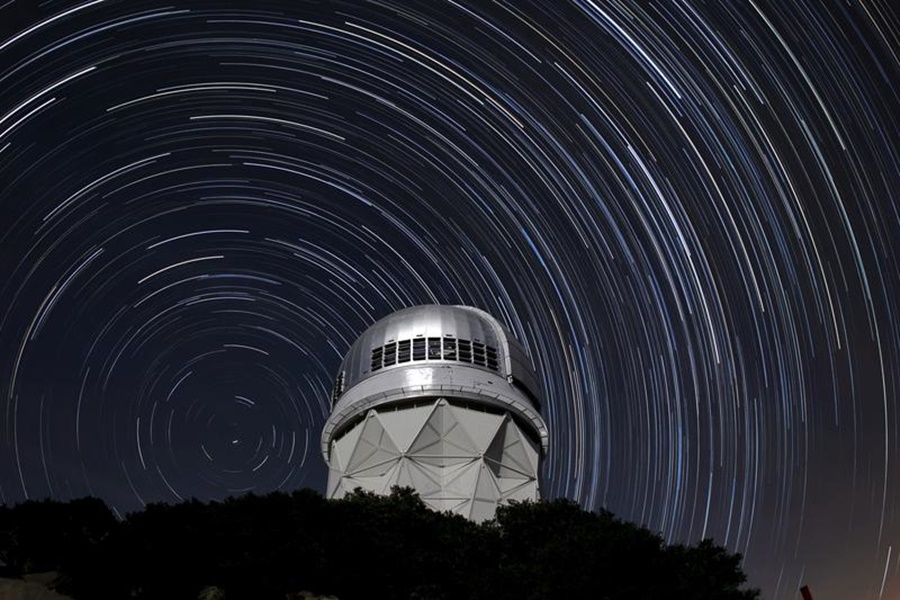News
Search results
Showing matches with:
2026 XL RSEF Physics Biennial
26 02 2026
The 2026 XL RSEF Physics Biennial organizing committee it is my pleasure to welcome you to Seville from 20th to 24th July 2026.
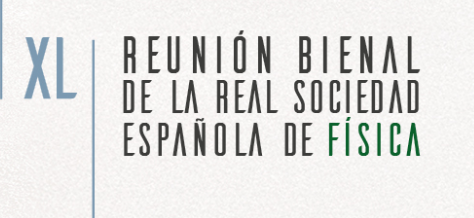
Centuries of Mining Turn the Mar Menor into a Reservoir of Toxic Metals
13 10 2025
According to a study by the Department of Physics and the ICTA-UAB, the Mar Menor saltwater lagoon in Murcia, Spain, the largest in Europe, contains sediments with levels of lead, arsenic, zinc, mercury, copper, and silver that exceed toxicity thresholds and values reported for similar coastal ecosystems worldwide.
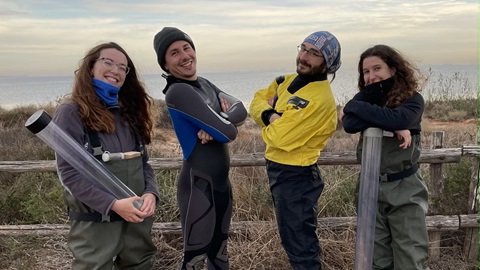
Researchers analyse how to improve citizen participation in the energy transition
15 05 2025
On Wednesday 21 May at the Cosmocaixa Barcelona a multidisciplinary team from the Universitat Autònoma de Barcelona, the University of the Balearic Islands and Eurecat will present the results of the project “De l’euro al joule”, an initiative aimed at identifying citizen education challenges in the energy transition and study how social dynamics influence new energy habits. The project includes the creation of an education platform with digital resources on energy. The results will allow to quantify the social influence in the energy transition and design more effective promotional strategies.
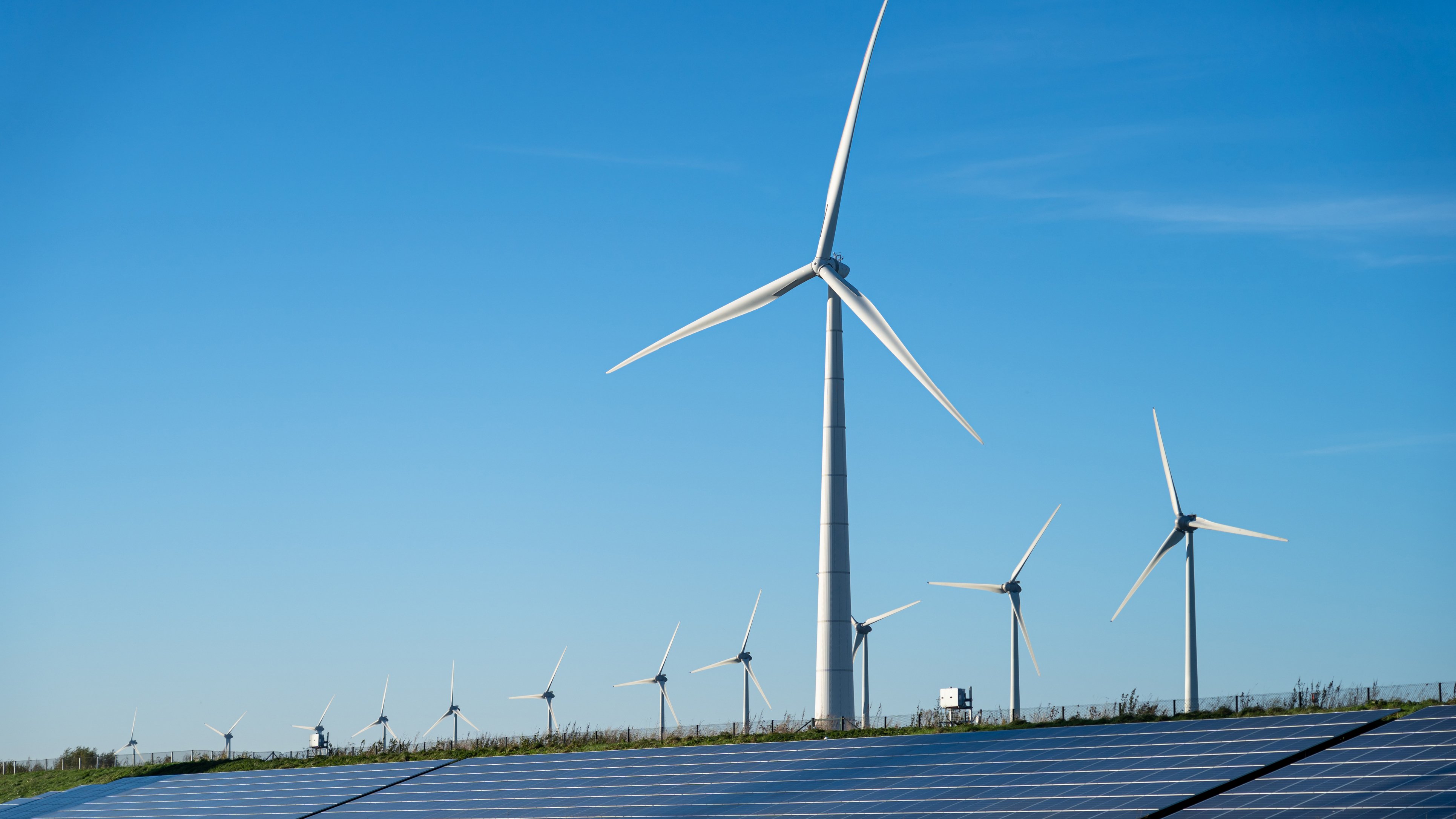
Quantum Days at the UAB: researchers and students explore the quantum revolution at the UAB
22 04 2025
From 5 to 7 May the UAB Faculty of Science will host "Quantum Days at the UAB" (Q-UAB Days), an event organised as part of the United Nations' International Year of Quantum Science and Technology which will bring together renowned researchers and students to explore the latest advances and real-life applications of quantum science.
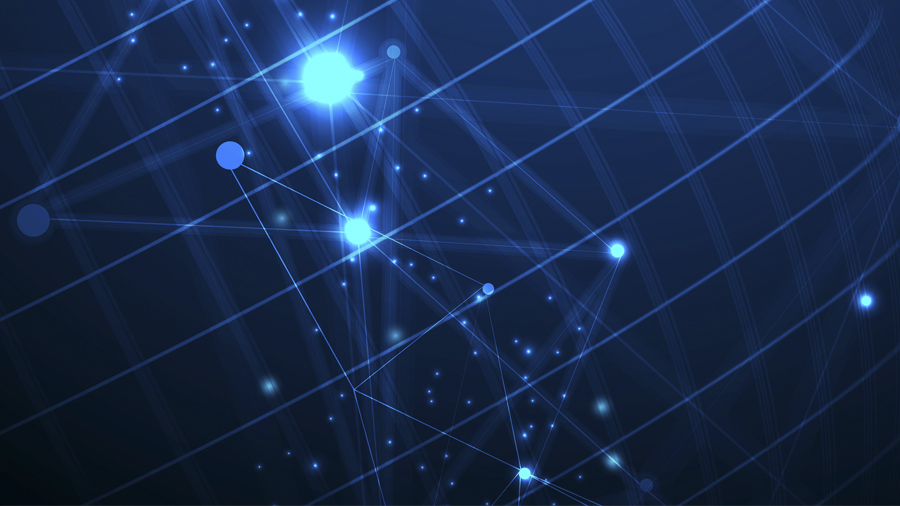
Colloquium with Dr. Andreu Font-Riera. How constant is the Cosmological Constant? New evidence for evolving Dark Energy from the DESI collaboration
27 03 2025
The Department of Physics and the Institut de Física d'Altes Energies (IFAE) present the colloquium "How constant is the Cosmological Constant? New evidence for evolving Dark Energy from the DESI collaboration" on April 9 at 3 pm at S of the Faculty of Sciences and Biosciences (UAB) with Dr. Andreu Font-Ribera, from the Observational Cosmology Group,IFAE.
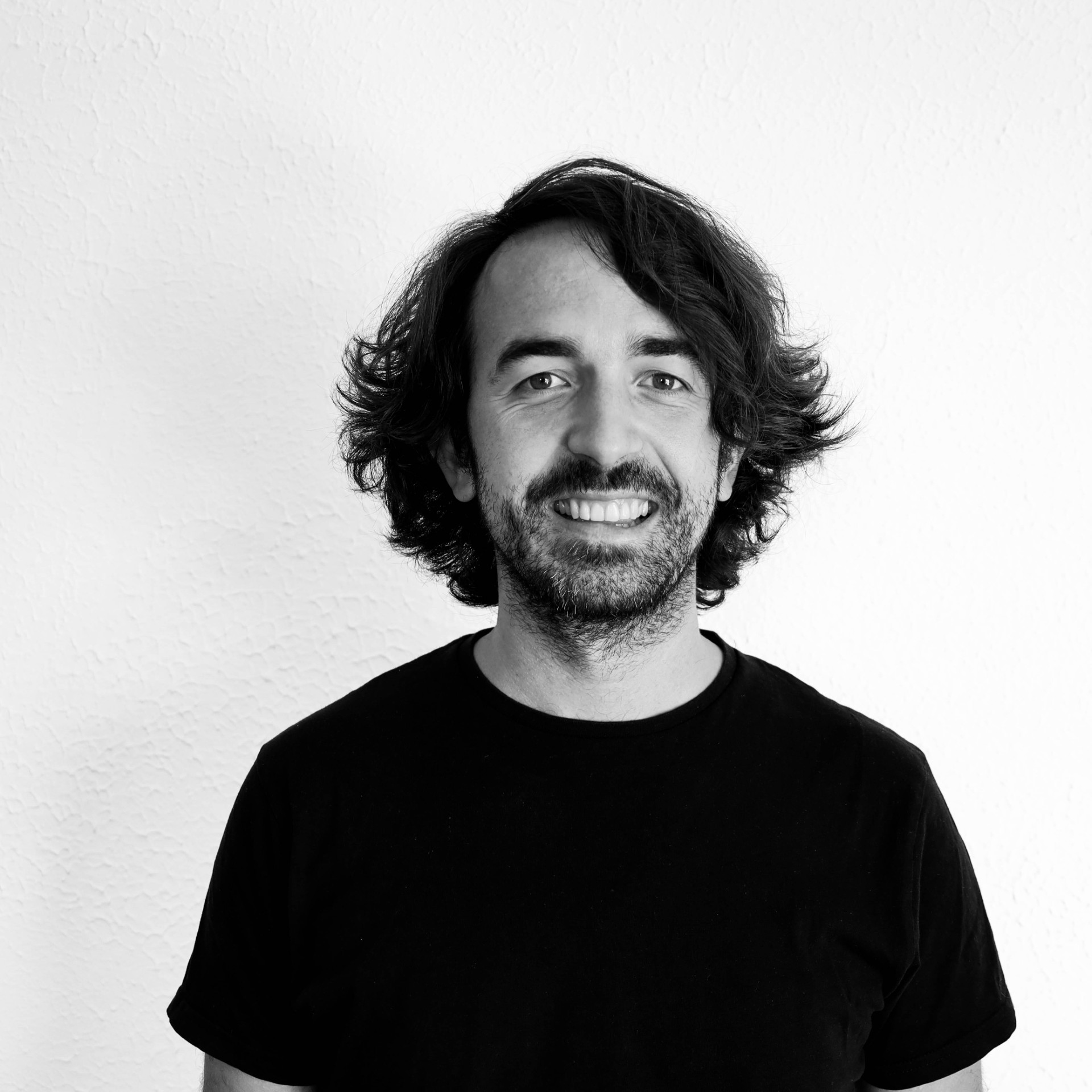
The best physics students in the world will gather in Barcelona in May.
11 03 2025
The UAB will host the PLANCKS 2025 final from May 1 to May 5. The competition finalists will visit research centers and connect with companies.
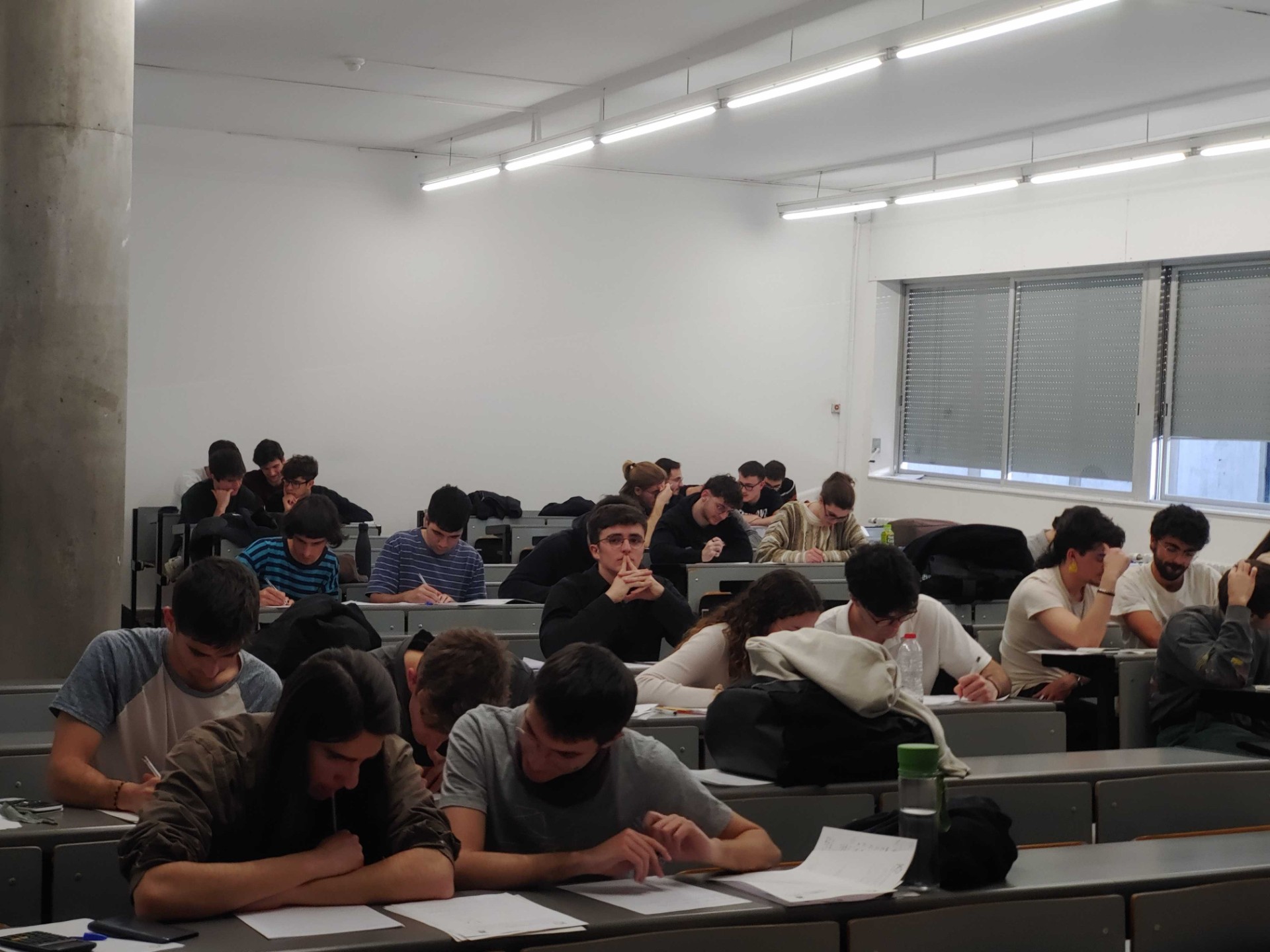
Nobel Prize Conferences 2024 at the Faculty of Sciences and Biosciences of the UAB
09 12 2024
Next Wednesday, December 11, at 3 p.m., the Auditorium of Building C will host the conferences dedicated to the 2024 Nobel Prizes. The event will feature the participation of UAB experts who will delve into the scientific advances awarded in Chemistry, Physiology or Medicine and Physics.
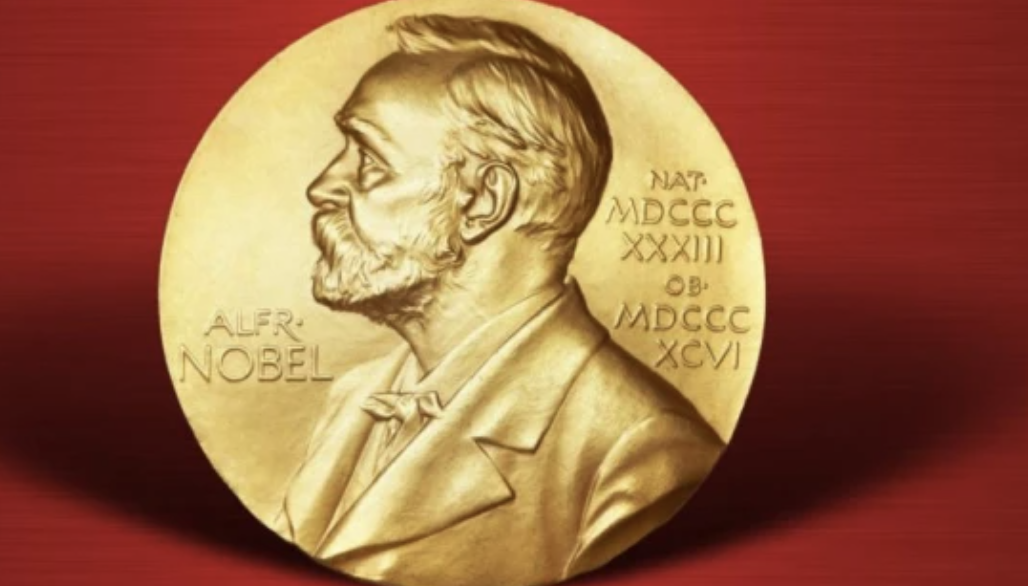
Presentation: The Royal Spanish Society of Physics-BBVA Foundation Physics Awards 2024 on the UAB campus
18 11 2024
Next Tuesday, November 26 at 1:00 p.m., we will host this presentation with the participation of Ignasi Fina Martínez (senior scientist at the Institute of Materials Science of Barcelona (ICMAB-CSIC), and the award winners Daniel Martín Jiménez (post-doctoral researcher at ICMAB-CSIC) and Martí Perarnau Llobet (Ramón y Cajal post-doctoral researcher at the Department of Physics at the UAB). Both of them are coming to present to us the physics they have in mind!

Outreach talk by Rafel Escribano for the UAB Physics Students Association
13 06 2024
Rafel Escribano gave the talk “Electroweak Symmetry Breaking”, in the UAB Science Faculty, as part of the monthly pizza seminar organized by the UAB Physics Students Association, a delegation of the RSEF students association.

Have a coffee with a cosmologist at MACBA
14 02 2024
The artist Lydia Ourahmane presents the exhibition “108 days” at the MACBA (Museum of Contemporary Art of Barcelona), in which every day different people and groups present their thoughts, work, experiences, etc. One of the days is dedicated to Cosmology.
